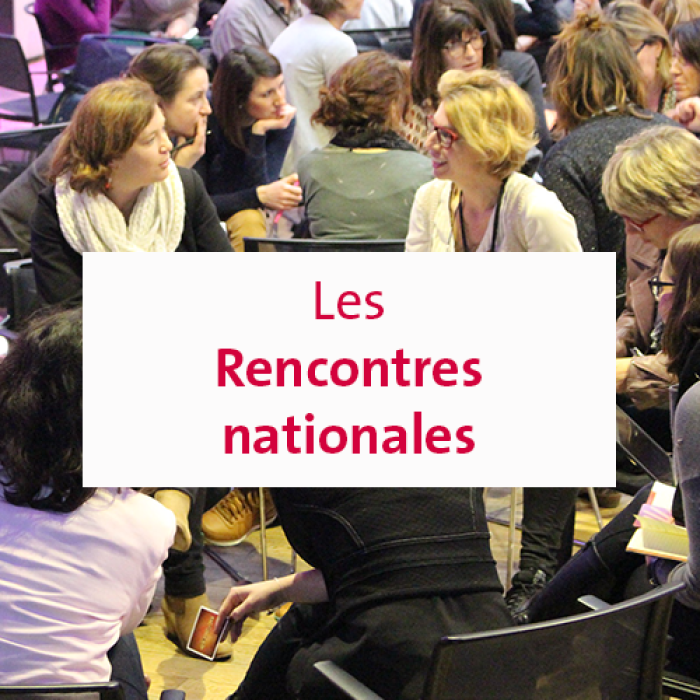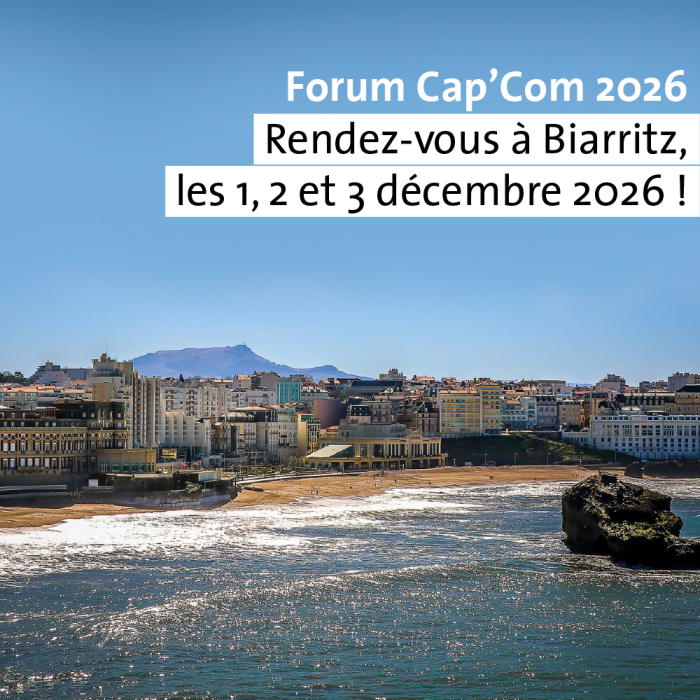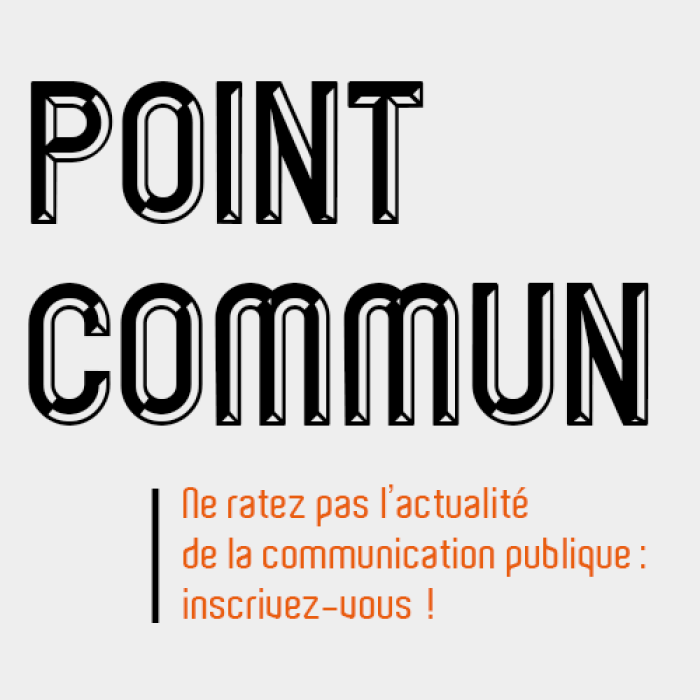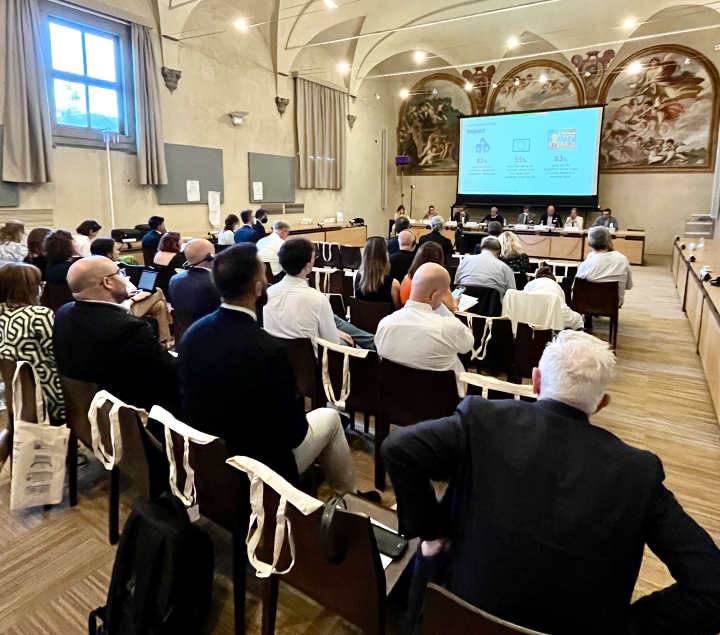
Public communication : new requirements, new skills
The conference of the Club of Venice was held on 30th of June and 1st of July in Fiesole (Italy) and allowed a hundred or so European government communicators and specialists. They took stock of the strategies implemented during the current crisis. They agreed on the need to share good practices and to increase the skills of public communicators.
As an introduction, Richard Kuehnel, Director of communication at the European commission, looked back at the Conference on the future of Europe. He drew conclusions from his experience to be more effective in seeking greater citizen involvement : "You have to target key political actions. Then the communication strategy and budget must be focused from the start. If you make the right diagnosis, it helps you to mobilize citizens and get them involved". How can the work of public communicators be more effective ? "We must learn from good practices, train citizens, identify influencers and rethink the whole narrative of public action". Stefano Rolando, President of the Club of Venice, teacher at the University of Milan, immediately echoed his points: "We all stress the importance of the role of communicators regarding citizens and the political projects. The culture of explanation is a strong point. We need to get out of our institutions. Here with the Club of Venice, we are associated with academics, private actors or independent organizations. Cap'Com proves the importance of the territorial scale : one of the keys to public action. We must cultivate these collaborations.
We have a collective need to cross new frontiers for our professions.
Stefano Rolando
In the background of the conference of Fiesole were the crisis (Ukraine, Covid) and the emergency (of dealing with climate change). During the past two years, there is no doubt communicators reached a new culture of crisis and increased their skills. Stefano Rolando continued: "We have a collective problem of professionalization... and we need to cross new frontiers for our professions ! In the past it was possible to reach a consensus on common objectives as during the founding years of the European community. Today “we have to find the key words to involve future generations".
Building the capacity of public communicators
The round tables and conferences led to draw a vast place for exchange and professional improvement in public communication. For example, John Verrico, president of the National association of public communicators in the US, described the archaic nature of the skills required for recruitment, which are based on certifications prior to digital era. He raised the need to update the recruiters repository. For Robert Wester, from Berenschot, we should have an interest in better identify and share good practices. Anthony Zacharzewski, director of the Democratic society, agreed, calling for more actions and less convolution.
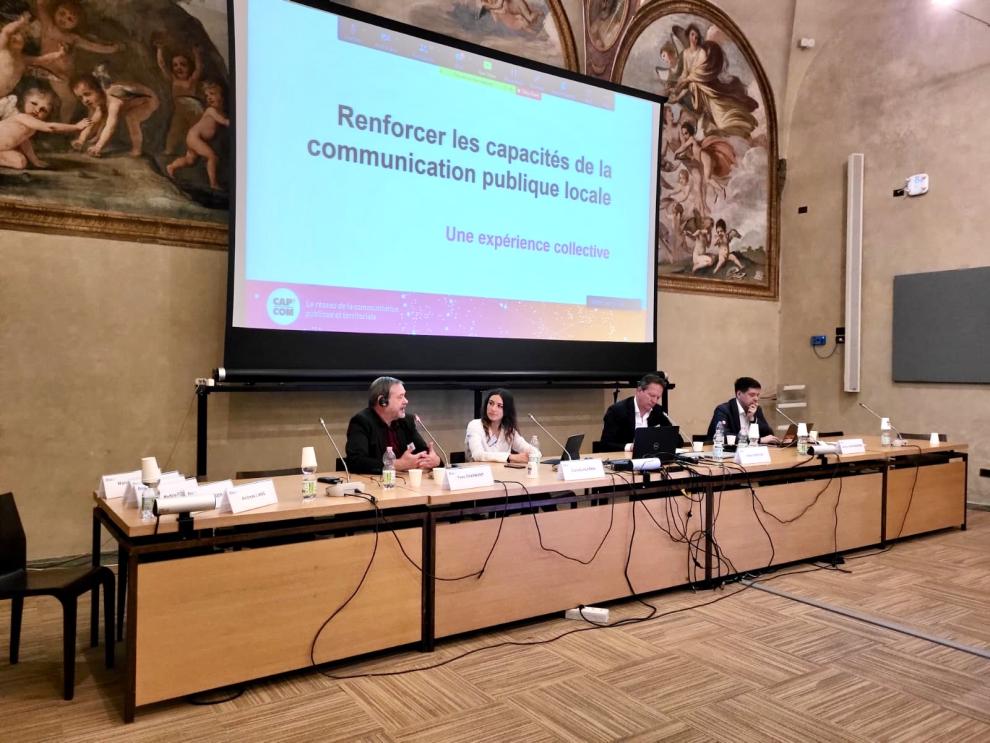
All these points of view converged with the presentation of Cap'Com, depicting the three orientations of the French network of local public communicators :
- Define the professional needs and represent the communicators
- Provide training on the best pedagogical formats
- Promote good practices, network animation and exchanges.
For Carlotta Alfonsi, policy analyst at the OECD, the time has come to "strengthen the capacities of public communicators" around centers of expertise, to foster new synergies at international level by developing a culture of change. These are very concrete objectives underlined by Marco Incerti, Director of communications at the European university institute that hosted the conference. "We need to encourage cooperation, pool resources and network even more effectively. But also to co-create and exchange more with the inhabitants, and not just pass on messages.”

